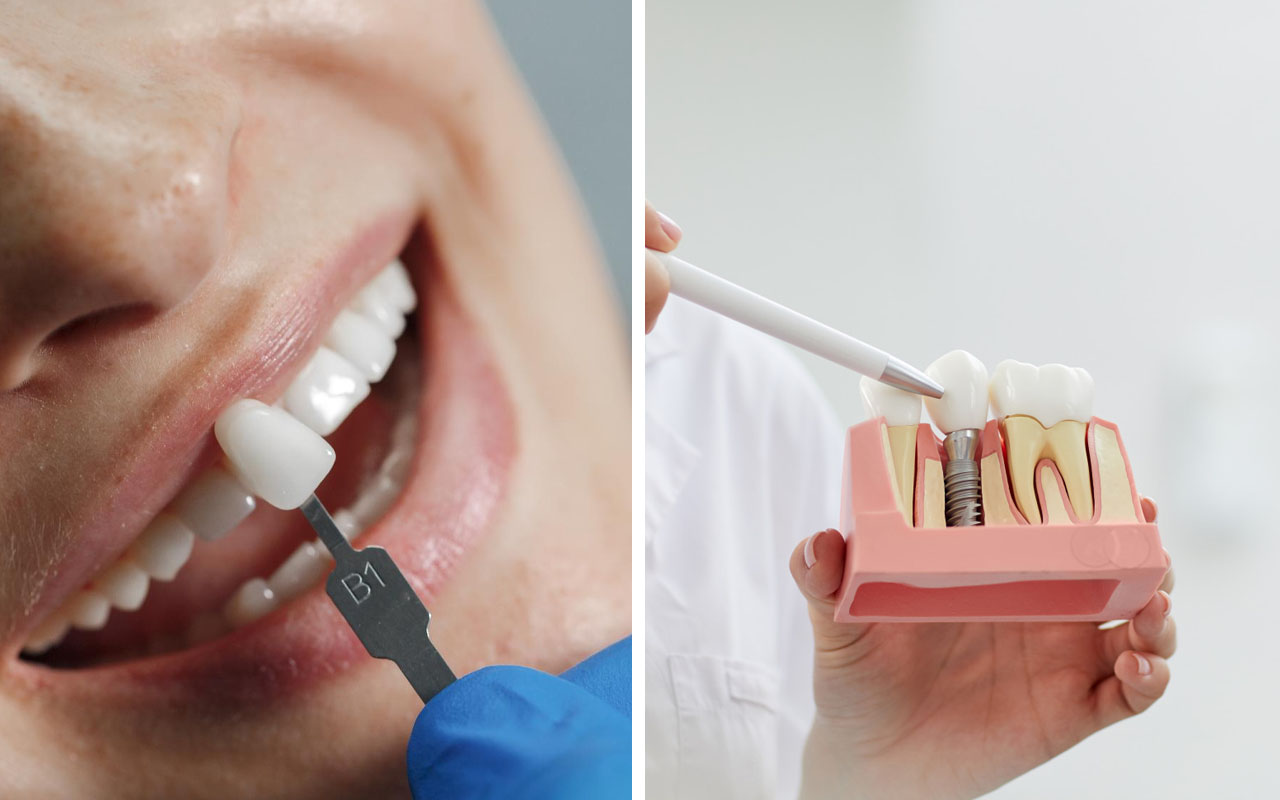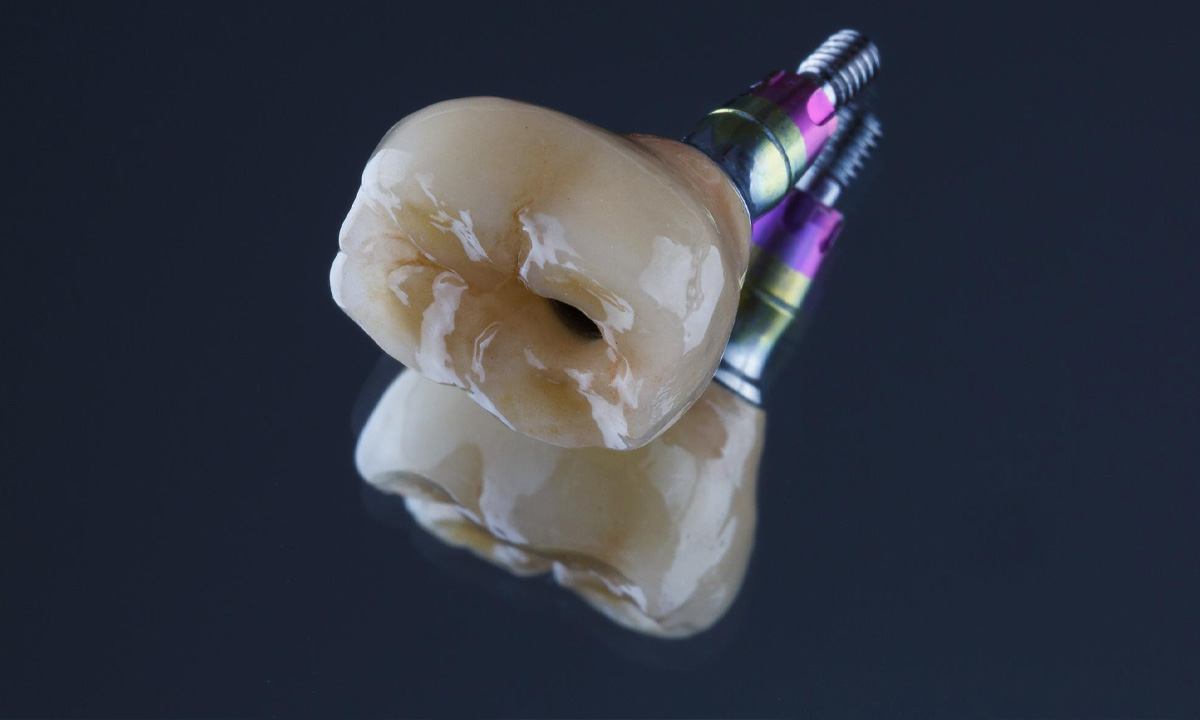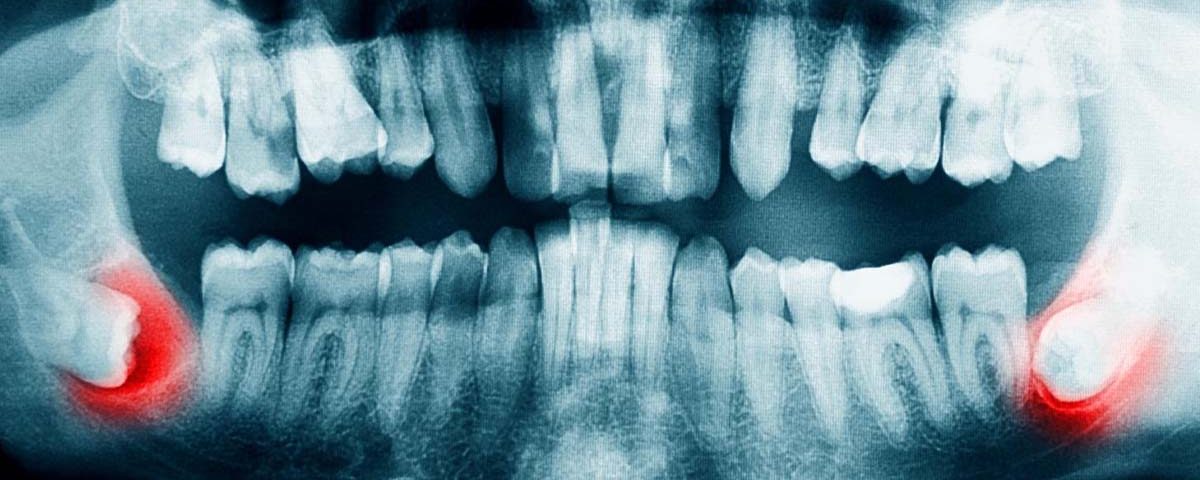
Veneers vs. Lumineers: Cost, Difference, Pros and Cons
August 28, 2024
Single Tooth Dental Implants
September 11, 2024Wisdom teeth are the last set of molars to emerge, usually in your late teens or early twenties. Unfortunately, they can bring problems like cavities. These cavities can form because wisdom teeth are hard to reach when brushing and flossing. This makes them more vulnerable to decay. Here, we will review the common questions about wisdom teeth cavities.
Can You Get a Cavity on Your Wisdom Teeth?
Yes, you can get cavities on your wisdom teeth. These teeth are harder to clean because they are located far back in your mouth. Food particles and bacteria can easily get trapped around them, especially if they are partially erupted or misaligned. This can lead to decay which might need cavity filling in Arizona.
Can Wisdom Teeth Cause Cavities in Other Teeth?
Yes, wisdom teeth can cause cavities in other teeth. When wisdom teeth partially emerge, they can trap bacteria as they are hard to reach. Also, if wisdom teeth crowd other teeth, it becomes even harder to clean between them. This increases the risk of cavities spreading to nearby teeth.
Can Cavities in Wisdom Teeth Be Filled?
Yes, dentists can fill cavities in wisdom teeth, but it depends on the situation. If the cavity is small and the tooth is in a good position, filling may be an option. However, if the cavity is deep or the wisdom tooth is difficult to clean, a dentist may recommend wisdom tooth removal in Arizona. It’s important to discuss the best option with your dentist, as each case may vary.
Cavity or Wisdom Teeth Pain?
Pain in wisdom teeth can happen for various reasons. A cavity in the wisdom tooth might cause a sharp, localized pain, particularly when eating or drinking something hot, cold, or sweet. However, wisdom teeth pain can also come from the tooth pushing through the gums, which causes discomfort or pressure.
Home Remedy for Cavity in Wisdom Tooth
Certain remedies can help ease the discomfort until you can see a dentist:
- Rinse with warm salt water to reduce inflammation and bacteria.
- Take over-the-counter pain relievers like ibuprofen for pain relief.
- Apply cold compress to reduce swelling and numb the area.
- Use clove oil for its natural numbing properties by dabbing it on the affected tooth.
Cavity in Wisdom Tooth Symptoms
Cavities in wisdom teeth can show up as different symptoms, including:
- Tooth sensitivity to hot, cold, or sweet (foods)
- A pit or hole in the tooth
- Pain when chewing or biting
- Swelling or redness around the gums
- Unpleasant taste or breath in your mouth
How to Prevent Cavities in Wisdom Teeth?
Preventing cavities in wisdom teeth requires extra attention to oral hygiene. Here are some tips:
- Brush twice daily, and make sure to reach all the way to the back of your mouth.
- Floss regularly to remove food particles trapped between teeth, including wisdom teeth.
- Use an antimicrobial mouthwash to reduce bacteria that cause decay.
- Regularly visit your dentist for professional cleanings.
- Consider dental sealants to protect your wisdom teeth from cavities.
- Restrict sugary foods and drinks, as they contribute to plaque buildup and decay.
How Common are Cavities in Wisdom Teeth?
Cavities in wisdom teeth are quite common. Being far back in the mouth, they are prone to plaque buildup, which leads to decay. Because wisdom teeth often come in at odd angles or partially erupt, food and bacteria can easily get trapped, increasing the likelihood of cavities.
Bad Cavity in Wisdom Tooth
A bad cavity in a wisdom tooth can cause serious problems. The decay can reach the tooth’s inner layers and lead to infection and intense pain if left untreated. A bad cavity can also affect surrounding teeth and gums and cause more widespread issues. In many cases, dentists recommend extracting the wisdom tooth to prevent further complications.
Black Cavity in Wisdom Tooth
A black cavity in a wisdom tooth often indicates advanced decay. The dark color can mean that the enamel has been severely damaged, exposing the dentin or even the inner pulp. If you notice a black spot on your wisdom tooth, it’s important to see a dentist right away. Early treatment can prevent the decay from spreading and causing more damage.
Are Wisdom Teeth More Prone to Cavities
Yes, wisdom teeth are more prone to cavities. Their location at the back of the mouth makes them harder to reach and harder to clean properly. This leads to plaque buildup and decay. Wisdom teeth often emerge at awkward angles or remain partially impacted, which can also contribute to a higher risk of cavities.
Filling Cavities Near Me in Arizona
At Atrium Dental, we are committed to providing personalized, top-quality care for a smile you’ll love. Whether you need a simple check-up, a restorative treatment, or a cosmetic enhancement, we’re here to help you achieve your best smile. Visit us online to schedule your appointment. Our passionate experts will guide you through the path.
Conclusion
Wisdom teeth can bring many challenges, and cavities are one of the most common problems. These molars are harder to clean and more prone to decay. Knowing the symptoms of a cavity and how to prevent them can help protect your teeth. If you suspect a cavity in your wisdom tooth, see your dentist for the best course of action.
FAQs
Can cavities in wisdom teeth cause headaches?
Yes, cavities in wisdom teeth can cause headaches due to pain and inflammation.
Do dentists fill cavities in wisdom teeth?
Yes, dentists can fill cavities in wisdom teeth if the situation allows, but extraction may be recommended in some cases.
Should decayed wisdom teeth be removed?
Yes, if the decay is severe or the tooth is causing problems, removal may be the best option.



